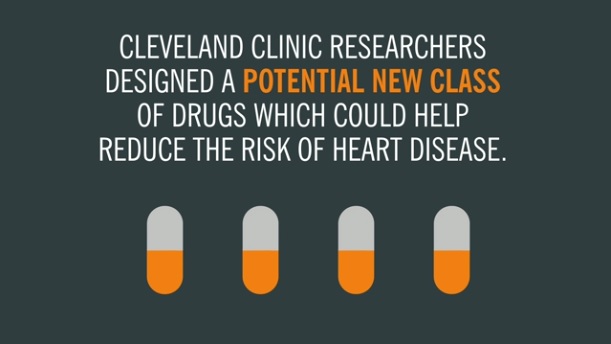There are numerous factors that increase one’s risk for coronary heart disease. Some might be obvious, such as having high blood pressure or frequent smoking, but others are less obvious. People with psoriasis, an autoimmune disease characterized by red, scaly patches of skin, have twice the risk of developing heart disease compared to people without the disease.
In severe cases of psoriasis, people are treated with anti-inflammatory biologics, but the effects of long-term biologic treatment on heart disease burden are not well understood.
According to new research published in Cardiovascular Research, psoriasis patients treated with anti-inflammatory biologics for a year might have improved heart health.
“Psoriasis severity is related to the burden of coronary disease – our findings suggest treating the psoriasis may potentially benefit coronary heart disease,” said Dr. Nehal Mehta, Chief of Inflammation and Cardiometabolic Diseases at the National Heart, Lung, and Blood Institute and lead author of the study.
The researchers followed 121 patients over one year, taking blood samples and images of their coronary arteries at baseline and throughout the study. By measuring inflammatory biomarkers in the blood and assessing plaque buildup in the coronary arteries (coronary plaque burden), the researchers could estimate the patient’s risk for coronary heart disease.
After one year, the researchers found a 64 percent improvement in psoriasis and five percent reduction in total coronary plaque burden in patients treated with biologics. In contrast, patients who only received standard topical treatment and no biologic therapy did not experience any clinically significant improvement in their psoriasis or total coronary plaque burden.
It might be tempting to start prescribing biologics to all patients with psoriasis, but the researchers caution that more research is needed. First, while coronary plaque burden is associated with heart disease risk, the researchers did not track true cardiovascular events. Second, patients in the treatment group were given one of three biologic treatments, each targeting a different aspect of inflammation. According to some previous research, some of the same anti-inflammatory biologics might actually increase the risk of coronary heart disease.
The relationship between inflammation and heart disease is not entirely clear. You may have heard that taking a baby aspirin a day can reduce the risk of blood clotting, thereby reducing your risk for a heart attack, but some studies might suggest otherwise. In a 2017 clinical trial, researchers found that patients with a vascular disorder did not experience added benefit from taking the anti-inflammatory drug. However, certain patient groups might still benefit from regular aspirin therapy.
Despite these caveats, the findings from the present study warrant further investigation.
“This preliminary study provides the first evidence that biologic therapy is associated with coronary plaque reduction and stabilization, and provides a strong rationale for [conducting] a randomized trial testing the impact of biologic therapy on the progression of coronary disease in patients with psoriasis,” said Dr. Mehta.
For future research, the team might further investigate anti-IL17, the drug that resulted in the greatest reduction in non-calcified plaque burden in this study.
“My message to patients with psoriasis is to take untreated inflammation seriously,” Dr. Mehta concluded.












Join or login to leave a comment
JOIN LOGIN